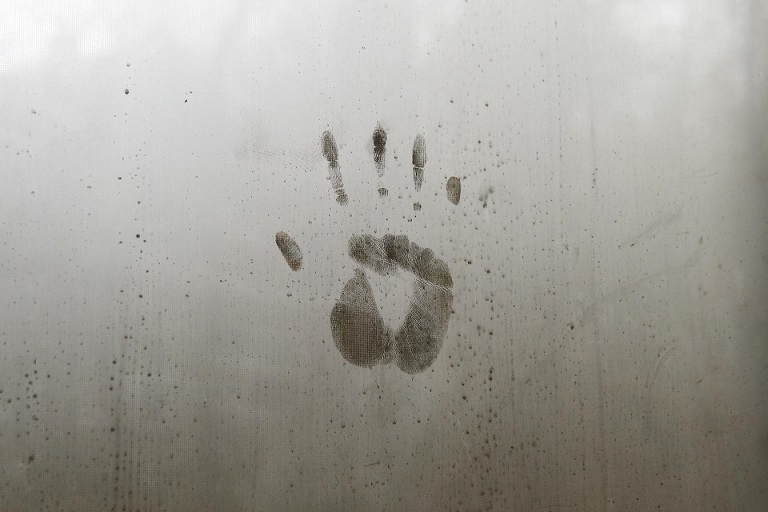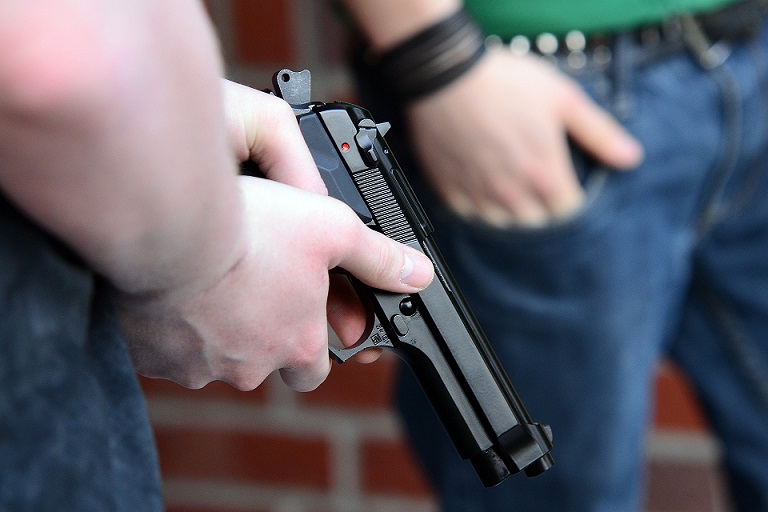Justice and truth are wanted. There have been many reported incidents and most involve cases of young people who have been detained without a credible accusation, according to family members. Many El Salvadorean families deplore the arrest of their loved ones by the authorities for allegedly belonging to or collaborating with gangs or criminal organisations.
 Luis Beatón
Luis Beatón
Up to the first days of 2023, organisations defending human rights have recorded 3,469 reports of arbitrary captures. Among them are Cristosal with 3,121, the Passionist Social Service (SSPAS) with 173, and Tutela Legal with 75.
These groups record what are alleged human rights violations; ‘alleged’ given the impossibility of proving to the government that they were real events.
It should also be taken into consideration that decreeing the state of exception establishes that administrative detention could last for up to 15 days, and not 72 hours which is the maximum period that a person can be detained without facing an indictment prior to an initial hearing in regular proceedings.
 According to the lawyer and vice president of El Salvador, Félix Ulloa, the investigation process was extended from 3 to 15 days to allow the public prosecutors to investigate the prisoners, argue their cases and avoid sending a possible gang member back onto the streets.
According to the lawyer and vice president of El Salvador, Félix Ulloa, the investigation process was extended from 3 to 15 days to allow the public prosecutors to investigate the prisoners, argue their cases and avoid sending a possible gang member back onto the streets.
The violation of these privileges which are granted by the state of exception cause losses and serious concerns to the families of the detained, who keep travelling, bringing food and other provisions to the accused who are presumably innocent and have exceeded the established limits for being presented before a court. According to a report by La Prensa Gráfica, these custodial times are added to the financial problems that the families suffer, when they lose their jobs by looking for the captured person, alongside the expenses of packages delivered to prisons which, according to many sources, often do not reach their destination.
The organisations that deal with these cases, whether Cristosal, SSPAS or Tutela Legal, seem determined to continue with their support and counselling to families in this situation with detained family members.
 “In 2023, we are continuing to see the families demanding access to justice and the truth, to know why they were arrested, know the health and legal status of their family member, especially why institutions have expanded the process and hidden information”, said a member of the Passionist Social Service.
“In 2023, we are continuing to see the families demanding access to justice and the truth, to know why they were arrested, know the health and legal status of their family member, especially why institutions have expanded the process and hidden information”, said a member of the Passionist Social Service.
This is the case for Noel Portillo who, according to a report by La Prensa Gráfica, has neither prior convictions nor tattoos. His family does not know why they arrested him when the police confirmed that he was “clean”.
Nevertheless, with the promise of returning him home later, he was taken to a police facility and sent to another prison from there.
Noel’s family is living in uncertainty because they do not know what prison he was transferred to, the same sentiment overwhelming many of the relatives of around 3,500 detained El Salvadoreans who, according to their nearest and dearest, are innocent. PL
(Translated by Donna Davison. Email: donna_davison@hotmail.com) – Photos: Pixabay












.jpg)












